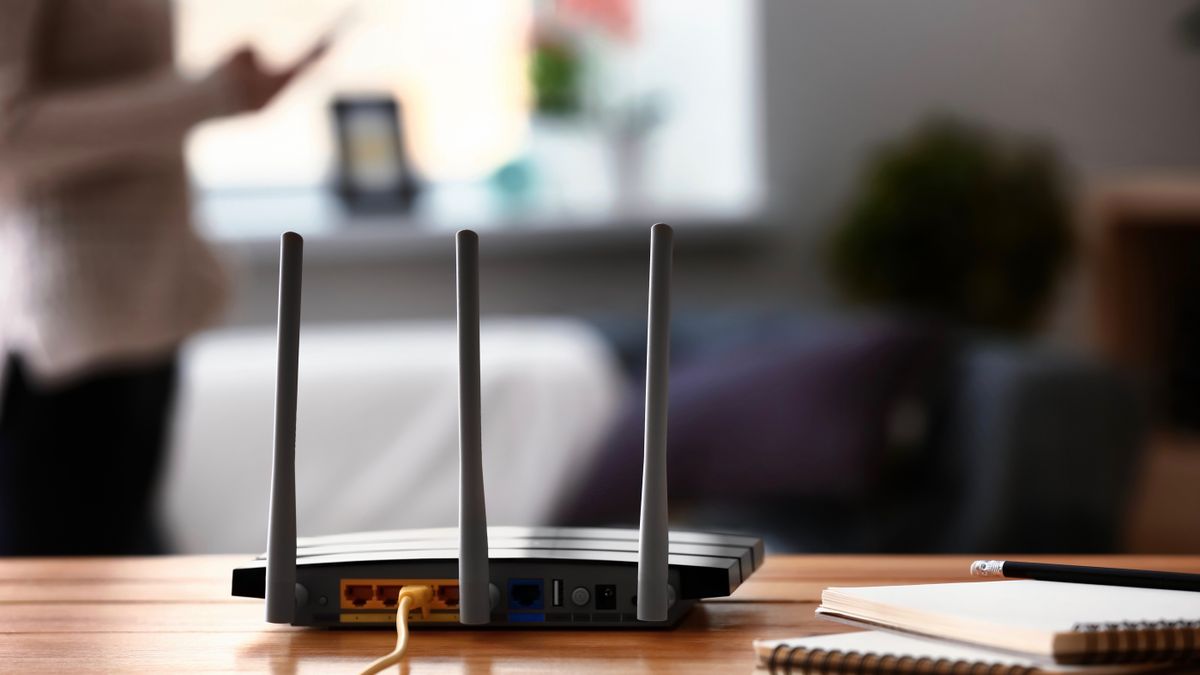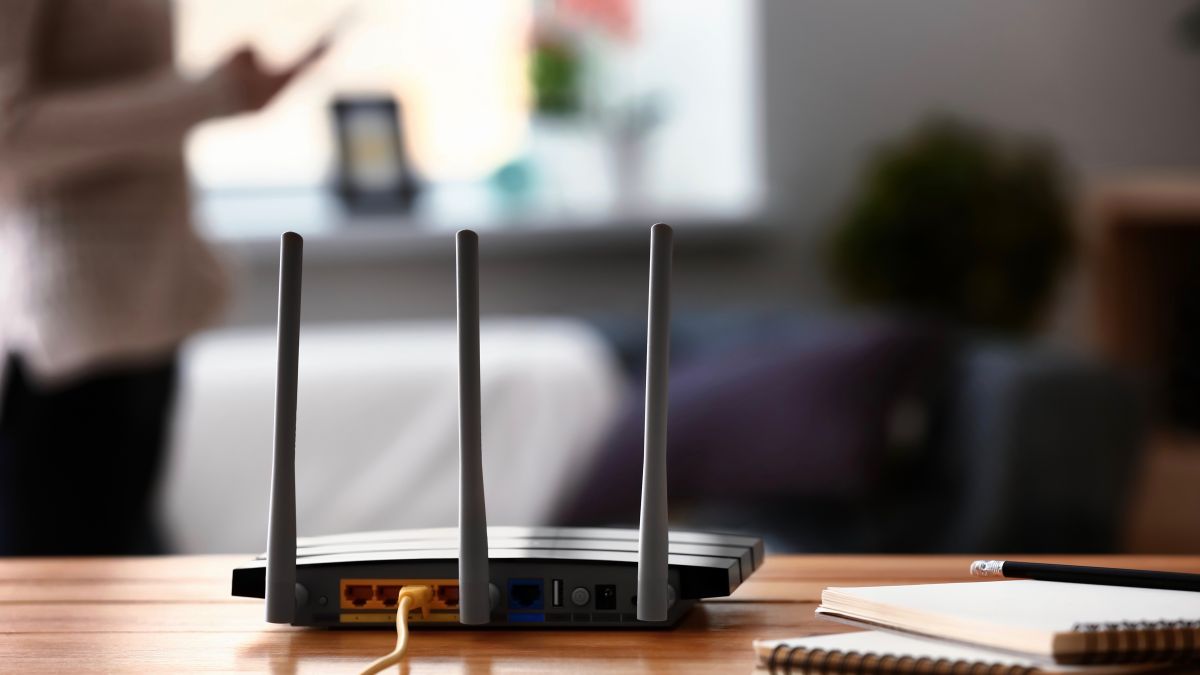
The UK’s broadband infrastructure has remained resilient during the coronavirus crisis, absorbing the additional demand caused by lockdown with a negligible impact on performance.
Ofcom data shows that download speeds have decreased by two per cent during the lockdown period, while upload speeds have fallen by just one per cent.
Restrictions on movement and activity mean that many people are using their home connections for work, education, entertainment and communication with friends and family that they are physically prevented from seeing.
UK broadband lockdown
This enhanced importance has resulted in a significant increase in data traffic and makes reliability paramount. Aside from a major Virgin Media outage, networks have largely remained resilient thanks to service providers taking steps to maintain and increase the capacity of networks.
“Broadband in the UK has really been put to the test by the pandemic, so it’s encouraging that speeds have largely held up,” said Yih-Choung, Ofcom group director for strategy and research. “This has helped people to keep working, learning and staying connected with friends and family.”
Ofcom has also published the findings of its Connected Nations report, the data for which was compiled before the coronavirus crisis.
As of January 2020, 3.5 million properties can now access full fibre broadband services, a figure which represents 12 per cent of homes and businesses in the country. An additional 700,000 homes can now access ‘ultrafast’ broadband services of 300Mbps and above, taking the proportion from 53 per cent to 55 percent.
In general, average download speeds rose form 54.2Mbps to 64Mbps over the course of the year, with upload rates nearly doubling from 7.4Mbps to 14Mbps. Although urban speeds remain faster than rural connections, there have been some gains.
More than half of rural properties (56 percent) now get superfast broadband while the number of rural home and businesses that cannot access a ‘decent’ connection of 10Mbps above has fallen from 33 per cent to 22 percent. However, thanks to the new universal service obligation (USO), these premises have a right to demand such a connection.
Mobile coverage remains static but Ofcom expects the £1 billion Shared Rural Network, which includes funding and frameworks for operators to share infrastructure in hard-to-reach parts of the country, to improve matters.
